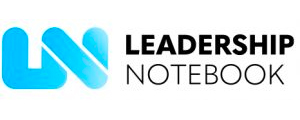Setting goals, such as learning a new skill or implementing a change in behaviour, can feel energising. It’s also easy to get carried away – whether that’s writing a bucket list for self-improvement or identifying large lofty goals that seem far, far away.
However, without better clarity, at best this approach is likely to end in half-achieved goals and some minor changes and, at worst, with very little (or nothing) achieved, still at square one and feeling a bit demoralised. The same applies to our leadership goals and aspirations.
We have so much on our plates already, it looks and feels overwhelming, we don’t know where to start and so we put the goal/s aside and tell ourselves “we’ll work on that when…..”.
Before we get into sharing tools and tips that will help you to feel more competent and confident as an early-career leader, let’s first look at how you can most effectively embed any behaviour changes you choose to make.


